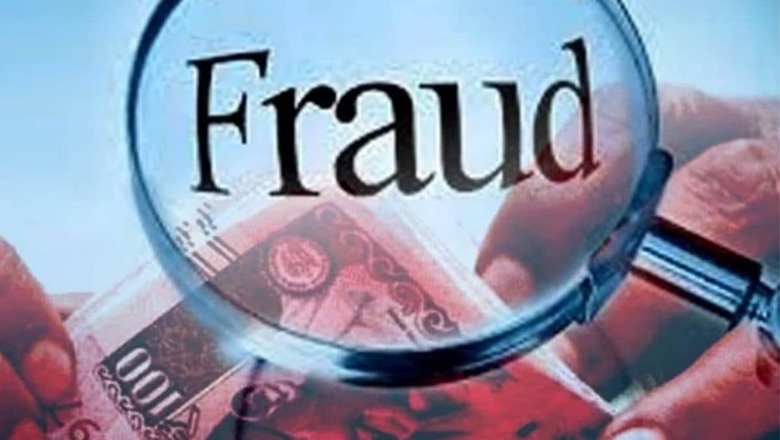
views
Amidst the rise in cases of online fraud, a 31-year-old doctor from Navi Mumbai was allegedly duped of Rs 1 lakh after she ordered a lipstick worth Rs 300 from an e-commerce portal.
A few days after ordering, she received a message from the courier company which stated that her order was delivered. However, since she did not receive it she contacted the company over their helpline number. The doctor was soon informed that a customer care representative would get in touch with her.
As per a Times of India report, on receiving the call from the supposed customer care representative, she was told that her order had been put on hold and in order to receive that she needed to transfer Rs 2.
The doctor however refused to send the money and despite several requests from the caller, she did not agree to transfer the amount.
The representative then sent her a web link and asked her to download it. She was soon asked to fill in her address and bank details in it. The doctor then received a message to create a BHIM UPI link but she immediately asked the caller about it. The caller further assured her that the parcel would now get delivered.
However, on November 9, Rs 95,000 and Rs 5,000 was debited from her bank account.
As the doctor received the messages of the money being debited from her account, she lodged a complaint with the cyber police station at Nerul.
As per a Free Press Journal report, a case against an unidentified person was registered under section 420 of the Indian Penal Code (IPC) for cheating and sections 66 C and 66 D of the Information Technology (IT) Act.
With so many people purchasing essentials and other items online, it’s important to be aware of the risks and take steps to protect yourself from online payment scams.
Here are some key things to remember to safeguard your finances and personal information:
Shop from reputable websites:
Only shop from websites that you know and trust. If you’re not sure about a website, do some research to check its reputation. Look for websites that have a secure padlock icon in the address bar. This means that the website uses encryption to protect your personal information. Avoid shopping from websites that pop up unsolicited. These websites are often scams.
Use strong passwords and two-factor authentication:
Create strong passwords for all of your online shopping accounts. Use two-factor authentication (2FA) whenever possible. It adds an extra layer of security to your online accounts, be it your e-commerce platform account, by requiring you to enter a code from your phone or another device in addition to your password.
Be careful about what information you share online:
Don’t share your personal information, such as your PAN or credit card number, with anyone you don’t know and trust. Be wary of emails or websites that ask you to verify your personal information. This is a common tactic used by scammers.
Be suspicious of unusual requests:
Be cautious of emails or calls from companies claiming to be your bank, credit card company, or other trusted organisations. If they demand immediate action or threaten account closure, it might be a scam. Contact the company directly through their official website or customer service phone number to verify.
Use a trusted payment method:
When paying for goods or services online, use a trusted payment method.
Monitor your bank and credit card statements:
Check your bank and credit card statements regularly for any unauthorised charges. If you see a charge that you don’t recognise, report it to your bank or debit/credit card company immediately.




















Comments
0 comment